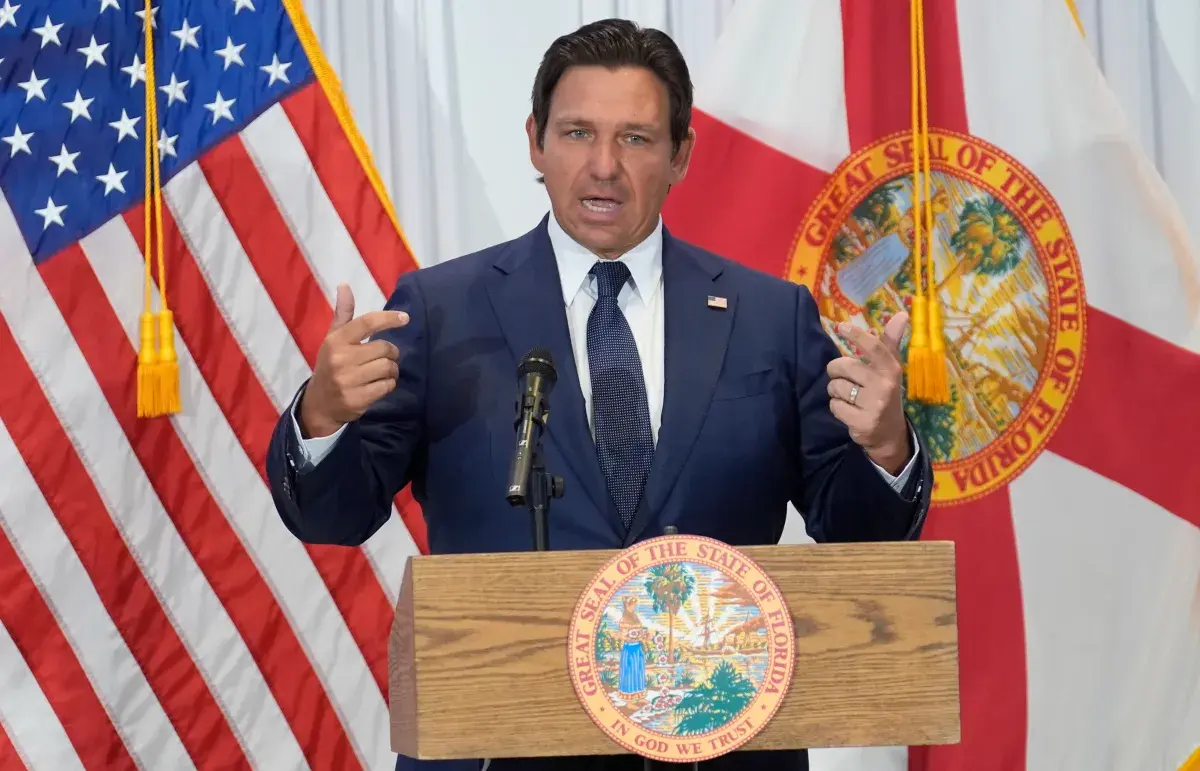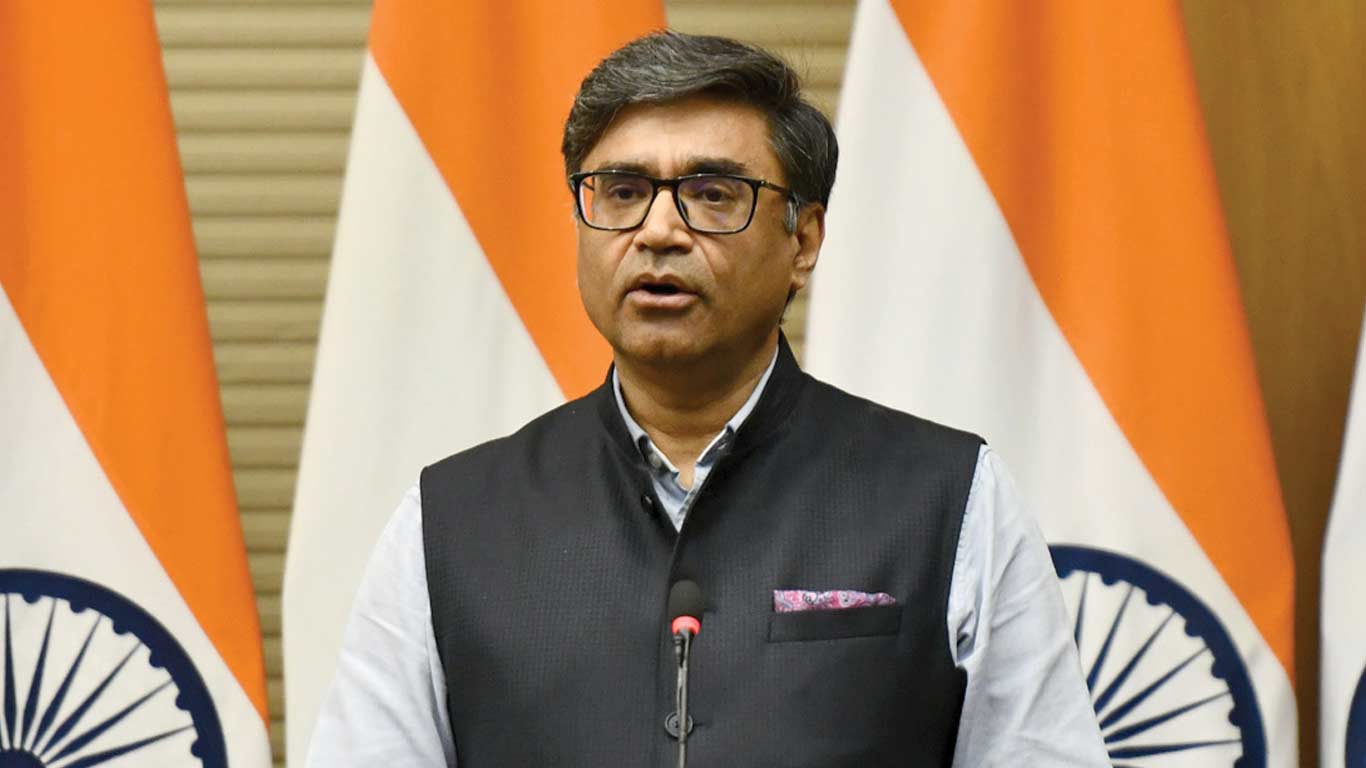
Florida Governor Ron DeSantis warned on Wednesday that the H-1B visa program poses a threat to American workers, particularly as automation and artificial intelligence reshape the job market.
“The H1-B visa program is a scam. It’s been used to import cheap foreign labor at the expense of Americans. That is not justifiable in any event, but it is especially galling when artificial intelligence is forecast to reduce a significant number of white collar jobs,” DeSantis wrote in a post on X on September 24.
Why It Matters
The H-1B visa, created in 1990, allows U.S. employers to temporarily hire foreign workers in specialty occupations such as technology, engineering, and medicine. Critics claim it has been exploited by Big Tech, while supporters argue careful reform is needed to maintain U.S. competitiveness in the global market.
What To Know
Critics, including DeSantis, say the system is routinely exploited by corporations to replace U.S. workers with lower-paid employees from abroad. His comments come amid a debate over the future of work, as artificial intelligence tools raise concerns about widespread job displacement, particularly in professional and technical fields.
“Relying on offshoring or temporary visa programs to fill critical tech roles is unsustainable, especially in areas like cybersecurity, AI, and cloud that directly impact national security,” Justin Vianello, CEO of SkillStorm, a technology services company, told Newsweek.
It comes after the Trump administration took another step to reform the H-1B visa program by proposing changes to the current lottery-based selection process.
In a draft notice submitted to the Federal Register, the Department of Homeland Security (DHS) outlined a plan to prioritize applications for higher-paid positions. The proposal follows an announcement on a new $100,000 fee associated with certain H-1B visa applications.
Supporters of the visa have defended the program as essential for maintaining U.S. competitiveness while proposing reforms to prevent misuse. Tech industry leaders, meanwhile, have long pushed for higher H-1B caps, citing demand for high-skilled talent that exceeds the domestic supply.
The H-1B visa program is subject to an annual cap of 85,000 new visas, with demand routinely exceeding the cap, leading to a lottery-based selection process.
What People Are Saying
Marina Shepelsky, Esq., founder of Shepelsky Law Group, told Newsweek: “President Trump’s executive order imposing a $100,000 fee on each new H-1B visa application will drastically reduce, if not eliminate, this critical legal pathway for skilled foreign workers. By forcing U.S. employers to pay an unprecedented upfront cost, the order effectively shuts the door on global talent and undermines industries that rely on immigrant professionals.”
Christi Jackson, Partner at Laura Devine Immigration, said in a statement: “The introduction of such an unprecedented fee raises fundamental concerns about access, fairness, and the sustainability of the H-1B program, particularly for smaller employers. This situation underscores the fragility of the current system and highlights the broader volatility of U.S. immigration policy.”
What Happens Next
Employers and visa applicants are closely monitoring developments, as any changes could significantly alter hiring practices and workforce planning.



